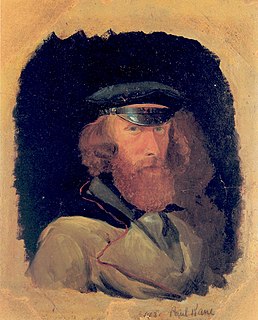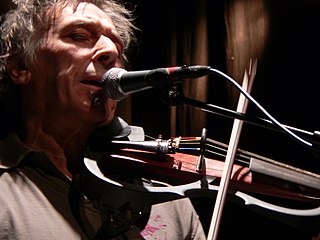A Quote by Neil Gaiman
The biggest pitfall to avoid is not writing. Not writing is really, really easy to do, especially if you're a young writer. The hope that elves will come in the night and finish it for you, is a very common one to have. That is my main recommendation - you have to write, and you have to finish what you write and beyond that, it's all detail.
Related Quotes
In my mind, only one inviolable precept exists in terms of being a successful writer: you have to write. The unspoken sub-laws of that one precept are: to write, you must start writing and then finish writing. And then, most likely, start writing all over again because this writing "thing" is one long and endless ride on a really weird (but pretty awesome) carousel. Cue the calliope music.
Learn a lot about the world and finish things, even if it is just a short story. Finish it before you start something else. Finish it before you start rewriting it. That's really important.
It's to find out if you're going to be a writer or not, because that's one of the most important lessons.
Most, maybe 90% of people, will start writing and never finish what they started. If you want to be a writer that's the hardest and most important lesson: Finish it. Then go back to fix it.
The most common thing I find is very brilliant, acute, young people who want to become writers but they are not writing. You know, they really badly want to write a book but they are not writing it. The only advice I can give them is to just write it, get to the end of it. And, you know, if it's not good enough, write another one.
I think the first thing - if you want to be a writer - the first thing you need to do is write. Which sounds like an obvious piece of advice. But so many people have this feeling they want to be a writer and they love to read but they don't actually write very much. The main part of being a writer, though, is being profoundly alone for hours on end, uninterrupted by email or friends or children or romantic partners and really sinking into the work and writing. That's how I write. That's how writing gets done.
The secret to writing is just to write. Write every day. Never stop writing. Write on every surface you see; write on people on the street. When the cops come to arrest you, write on the cops. Write on the police car. Write on the judge. I'm in jail forever now, and the prison cell walls are completely covered with my writing, and I keep writing on the writing I wrote. That's my method.
The best advice on writing was given to me by my first editor, Michael Korda, of Simon and Schuster, while writing my first book. 'Finish your first draft and then we'll talk,' he said. It took me a long time to realize how good the advice was. Even if you write it wrong, write and finish your first draft. Only then, when you have a flawed whole, do you know what you have to fix.
My biggest bits of advice are, write as much as you can, finish what you start, get a thick skin, don't take crap from anyone, but also live your life and have fun. The stereotype of a writer holed up alone all day is really unhelpful. You can't write real people and real emotion if you don't let yourself experience them.
I pretty much drink a cup of coffee, write in my journal for a while, and then sit at a computer in my office and torture the keys. My one saving grace as a writer is that, if I'm having trouble with the novel I'm writing, I write something else, a poem or a short story. I try to avoid writer's block by always writing something.
I write in the studio, I don't sit around with a piano or a guitar and write songs. I get satisfaction out of that because I can finish the song really quickly. I can use whatever momentum I have. I've got to put it down, develop it, and get it as far [as I can], because the excitement of the moment of when you get that idea - you want to try and hold it and build on it and really gain strength from it. Being in the studio and writing songs like that is really the best way.

































